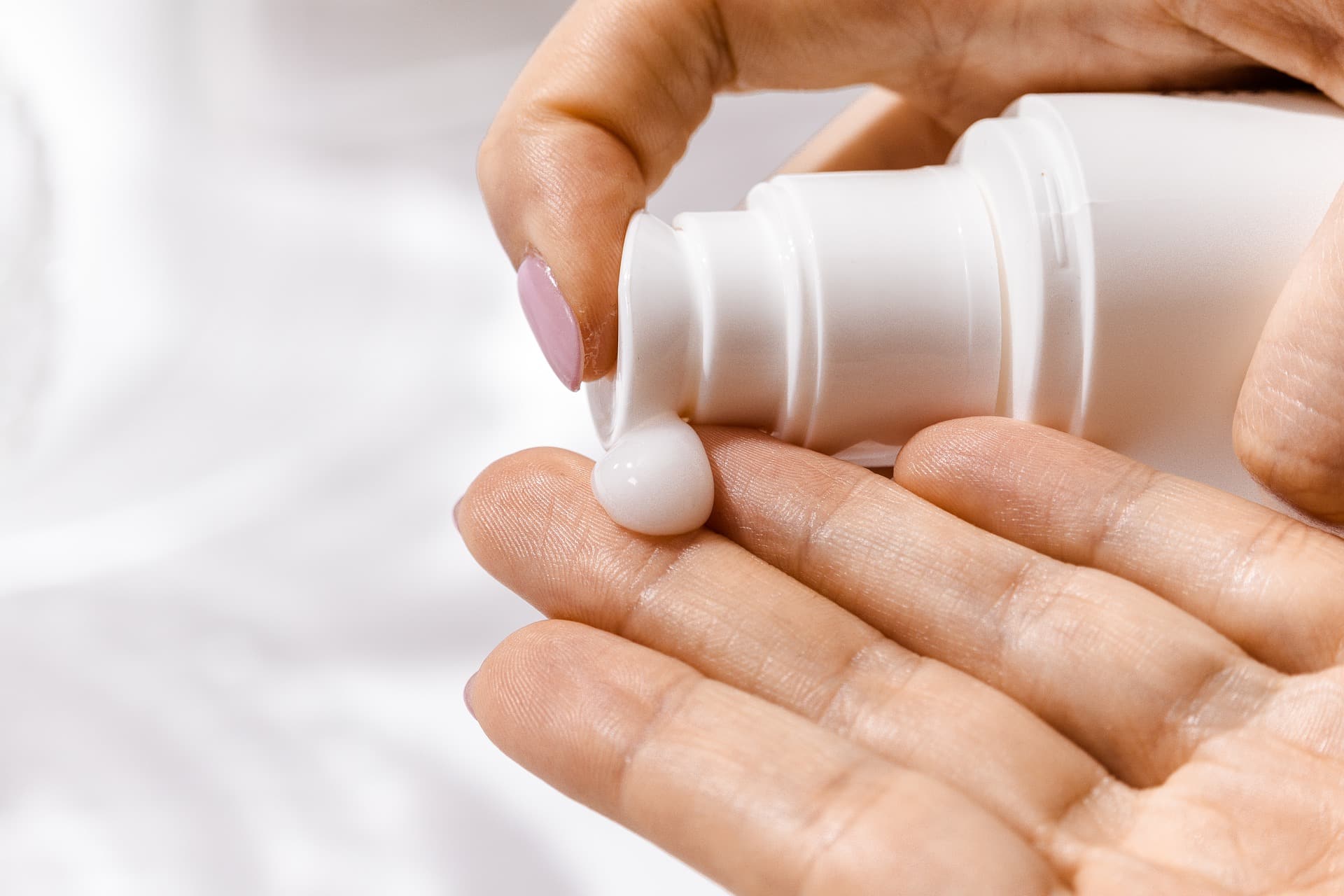
BodyLuxe Team
September 9, 2022

Everyone is seeking healthy and youthful looking skin. But there are so many products on the market you may feel overwhelmed! Not only are these products expensive, they may not be effective or what is best for your skin’s unique needs. That is why consulting with a professional is so important so that you understand the ingredients and the proper applications of the products you are using.
Currently, there is a specific skincare trend related to retinol. Many brands are adding this ingredient to their products; from capsules, eye-creams, night creams, masks, and even makeup. Unfortunately, many people are using retinol improperly and this can lead to a number of adverse reactions and side effects, including dryness, redness, irritation and thinning of the skin. It’s true that this ingredient occupies a very important place in skincare – but using this product properly is imperative.
This article aims to create awareness around this very popular ingredient that can be very effective in the treatment of lines, wrinkles, acne, hyperpigmentation and the general signs of aging. With proper use and instruction, you will be able to see and feel the benefits of retinol.
Why Retinol is Important For Our Skin
Retinol is also known as Vitamin A, which is a very important ingredient that helps to activate the regeneration of our skin cells. When our skin absorbs retinol, our enzymes convert it into retinoic acid, which promotes the generation of new and healthy skin cells. The different forms of retinol have proven to be effective for the most common skin issues such as:
Wrinkles
Acne
Uneven skin tone
It helps with the skin texture and tone, facilitating us to get a youthful glow over time. It’s also a great exfoliant that promotes the creation of collagen, which improves the elasticity of our skin.
Pros and Cons of Using Retinol
Even though retinol has many benefits for our skin, you also need to be careful about its undesirable effects. Here are some of the pros and cons of this ingredient:
Pros:
Promotes the reduction of unwanted pigmentation on our skin.
Helps in the production of collagen and elastin.
Stimulates the GAGS molecules, which are responsible for the hydration of the skin.
It smooths the skin texture, improving breakouts, blemishes, and bumps.
Decreases excess oil production.
Reduces the appearance of your pores.
Cons:
As it smooths your skin, it also makes it more sensitive to external damaging agents like the sun.
Some people have experienced an unusual warm, burning, tingling or stinging sensation after the first few applications.
It generates a soft peeling of the skin.
It can cause mild inflammation or redness.
If you don’t hydrate well, it can cause dryness.
Retinol comes in different forms and strengths. As an example, some retinol requires a prescription from a medical professional and some you can find in cosmetic skin care products, where no prescription is needed.
It is common to assume that prescription retinol is better than the cosmetic one but you should take into consideration their differences:
Which retinol is better for me?
As with everything related to our skin care, it is a matter of getting professional advice. Depending on your skin type and its current condition, recommendations are made based on your skin and the type of retinol that will be most beneficial to your needs/concerns. Suggestions will also be made on the frequency of use to make sure that it doesn’t produce any negative, unwanted effects..
For each type of retinol, there are some specific considerations to keep in mind in order to use them properly:
Prescribed Retinol
This form of retinol works better if you combine it with glycolic acid (AHA) or salicylic acid (BHA). These acids help to exfoliate your skin by eliminating some of the dead cells that accumulate over time.
The combined ingredients ensure better results for anti-aging and even acne or congestion of the skin. However, always keep an eye on how your skin reacts to this combination. In addition, if you are using any form of benzoyl peroxide, you can combine it with your prescribed retinol, letting it dry first on your skin.
Follow these steps if you are going to try this form of retinol:
1. Cleanse your face as you always do.
2. Apply your toner.
3. Exfoliate your face with Salicylic or Glycolic Acid.
4. Apply the retinol.
5. Use a serum or night cream.
Cosmetic Retinol
If it’s the first time you are using a retinol skincare product, I recommend that you introduce it slowly into your routine. Follow these steps to make the best and safest use of this ingredient:
1. First stage
Find a product with a lower concentration of retinol (0.3%). Then apply it every 3 nights
for 2 weeks, followed by every 2 nights and finally each night after cleansing your face and before moisturizing it. If everything goes well with your skin, you can go to the second stage. However, if you start noticing adverse reactions, it is best to temporarily stop using the retinol. Once your skin recovers, start using the retinol every 2-3 nights again.
2. Second stage
If you passed the first stage without any negative reactions, you are ready for a higher concentration of retinol (0.5%). You can follow the same instructions in the first stage while watching for secondary reactions. If nothing goes wrong, you can go to the third stage!
3. Third stage
Following the same guidelines as in the first two stages, you are ready to try the highest concentration of retinol (1%).
That’s not all!
Applying retinol under your eyes is allowed but avoid your eyelids.
All types of retinol will work better if you combine them with skincare products that contain antioxidants, niacinamide and other ingredients that help to repair your skin.
More isn’t necessarily better when it comes to retinol!
In which cases we wouldn’t recommend using retinol:
You need to discover your skin type and experiment with lower concentrations in order to determine if retinol is recommended for you or not. Even though retinol is a vitamin for our skin, it can cause secondary or adverse effects in specific conditions and circumstances.
Consult a Skin Professional if:
You suffer from rosacea, eczema or psoriasis, the retinol can worsen the symptoms.
Discontinue the use of retinol before any laser treatment.
If you start noticing irritation in your skin, such as flaking, redness or sensitivity, immediately stop using all products that contain retinol or reduce the frequency.
If you have any other questions about retinol products or treatments, feel free to ask for a consultation. We will be happy to help you with anything you need!
Do you still have questions? Give us a call!
This is your season to refine, sculpt, and elevate your confidence.
This limited-time offer ends March 31, and appointments are filling quickly.
Tap below to reserve your consultation and let BodyLuxe sculpt your summer look.